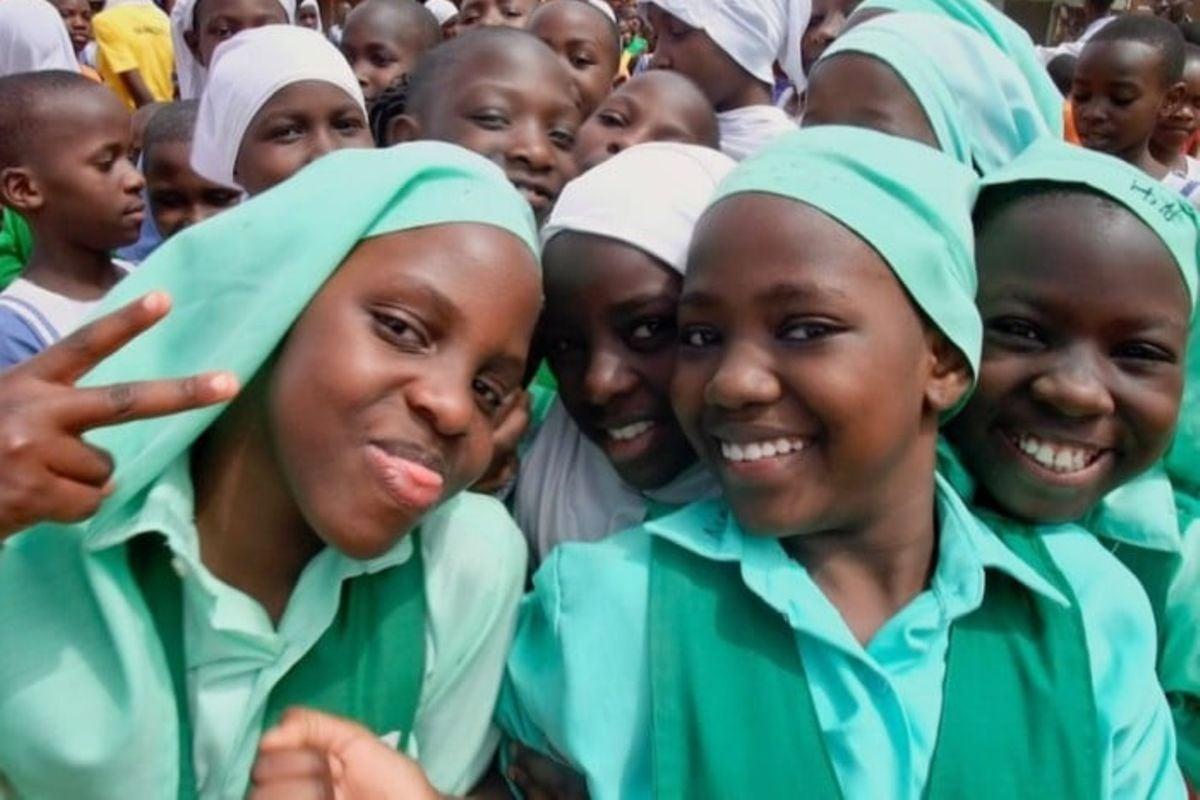Africa-Press – Uganda. A new survey has revealed that only seven percent of Madrasa schools operating in the country are registered.
At least 74 percent of the madrasas, according to the survey, are informal and provide only one hour of secular studies weekly.
The survey, which was carried out between June and September last year, has unearthed a number of challenges affecting the Madrasa Education System in Uganda including lack of resources, dissatisfaction with government relations, varying structures of Madrasas, curriculum, capacities, and level of formalisation.
It covered 1626 schools both primary and secondary spread across all regions of Uganda and involved the use of focus group discussions with stakeholders such as directors, teachers, learners, and community members, Muslim education literature review, and survey on the learning materials.
United Religions Initiative Great Lakes (URI-GL) conducted the survey in partnership with the US-based International Centre for Religion & Diplomacy- ICRD, Uganda Muslim Supreme (UMSC), Uganda Muslim Education Association (UMEA), and Uganda Koran Schools Association.
While presenting the findings to Haj Wahab Rugasa, the UMSC administrative secretary at Old Kampala on Thursday, Mr Hannington Wako, the URI-GL Project Consultant, said their survey showed that only 57 percent of the 1626 madrasas surveyed teach dual curriculum (Secular & Religious studies).
“While 82 percent of the Madrasas surveyed acknowledged the importance of critical thinking, only 33 percent reported that teachers try to promote critical thinking,” he said.
Sheikh Juma Bakhit Cucu, the UMSC education secretary pleaded with URI- GL not to stop at the survey, but rather work closely with UMSC to see that a comprehensive and uniform curriculum, learning materials, training of Madrasa teachers, and a regulatory framework for all Madrasas are put in place. He pledged to present the Report to the UMSC National Management Committee for action.
“We have been eagerly waiting for the findings to know how Madrasa education is faring, the challenges, and whether it is appropriate to Muslim learners, I am sure this report is going to inform many decisions we take on this issue,” he said.
The report recommended the need to strengthen structures to enable greater communication, knowledge transfer, resource sharing, and adherence to quality standards among Madrasas, and between Madrasas and other Islamic and government Institutions among others.
Ms May Nakyejwe Mwanje, the URI- GL liaison officer noted that they decided to undertake the study of the Madrasa education system because of their position as an inter-faith global organisation that aims at creating a culture of peace.
“Locally we work with all faith leaders and it is our conviction that the report should be embraced and be taken as a celebration of an achievement because it brings out the real issues concerning Madrasa education,” Ms Nakyejwe said.
Also known as Koranic schools, Madrasas are informal in setting and a source of Islamic theological teaching since Islam was introduced in Uganda in 1844.
A Madrasa can be set up at home, in a community hall or anywhere Muslims find space to teach Islamic theology. They are equivalent to Sunday schools for the Christians.
Madrasas teach Arabic and other Islamic related curricula.
In 2015, police had threatened to close the madrasas claiming that learners are being kept incommunicado from their community and being indoctrinated in the guise of teaching Islam.
For More News And Analysis About Uganda Follow Africa-Press






